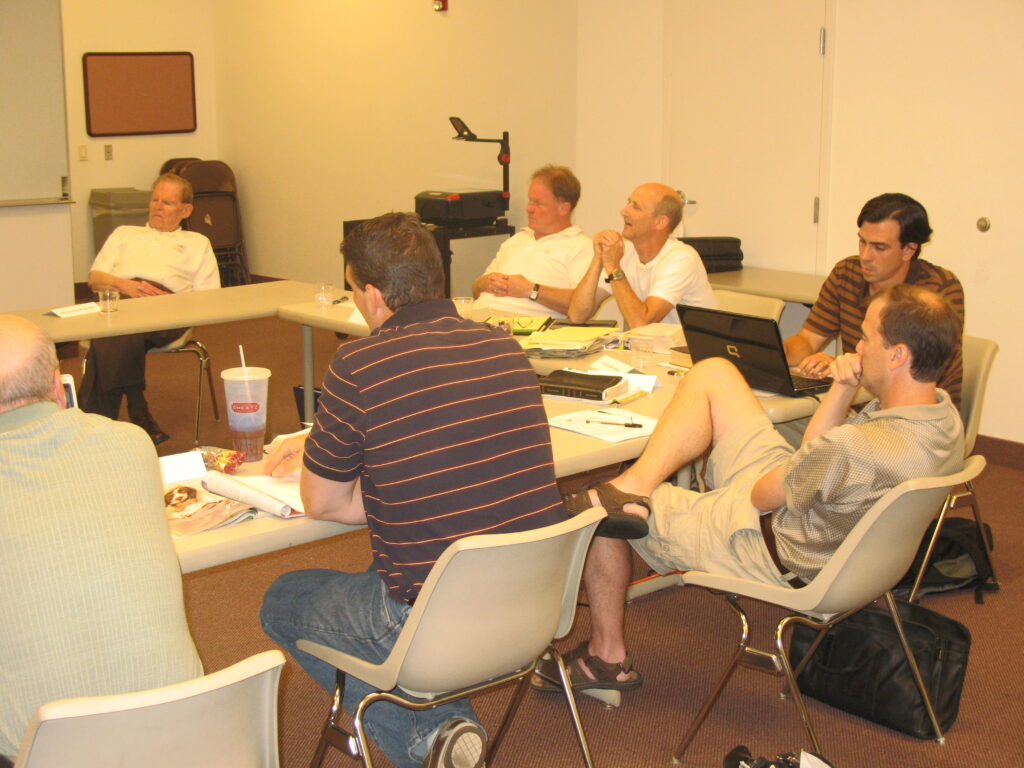
I’m not quite finished with Bavinck’s one volume theology, but couldn’t help starting to read, Theoretical-Practical Theology, written by Petrus Van Mastricht in the late 17th century. I was excited to read it because he wrote the theology book to train pastors. For instance, it contains a wonderful first section, The Best Method of Preaching. What a way to begin a systematic theology book!
In it, Mastricht speaks to a subject matter that may be difficult to do in some churches because of their goals. However, it is impossible to avoid if a pastor is committed to preaching through books of the Bible.
That subject matter is challenging the saints to make sure their lifestyle matches their profession of faith. In other words, the Scriptures regularly urge the saints in church to a faith that expresses itself in required virtues.
Of course, this kind of preaching will create some angst in those who know they are saved. So Mastricht writes,
“…from one perspective, we would not without cause lead the consciences of the pious into doubts and anxieties from which afterward we could not so easily lead them out; from another perspective, so that we would not also strengthen hypocrites and harden them in their carnal security” (vol. 1, p. 23).
That’s the tension that can be created in preaching the Word of God to both kinds of listeners. It’s the kind of preaching that some preaching portions demand.
When the Text demands it, may our Lord receive glory in the church and in Christ Jesus (Ephesians 3:21) because of your faithfulness in not strengthening the hypocrites without pricking the consciences of the saints without cause.
Randal









